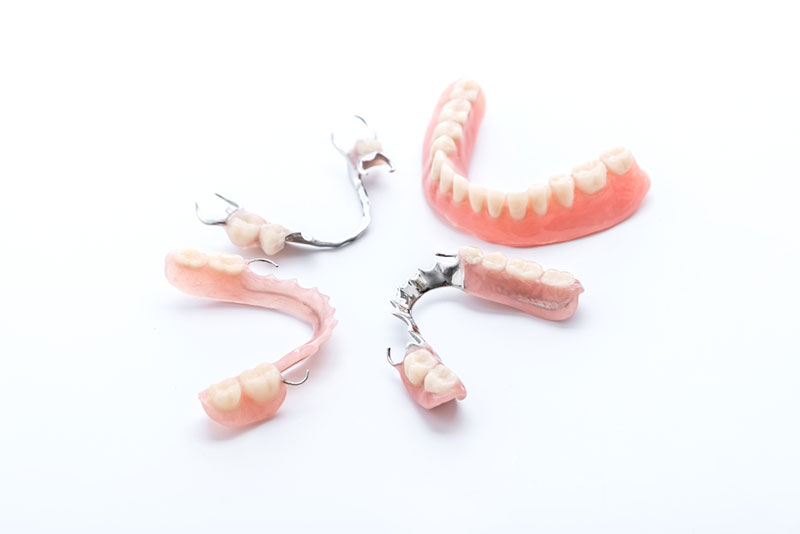Hi. I am so excited about getting braces in two weeks. It seemed like every time I went to the dentist I had a new cavity to fill and I had to wait for all of that to get straightened out before I could get braces. The orthodontist pulled 2 teeth to make room for my other teeth so everything would work out with the braces. I am excited but also nervous. 3 of the 5 people that I know had spotted teeth after their braces came off. Is there a way to tell in advance whether or not braces will leave spots on my teeth? Lena
Lena – Whether or not braces leave spots on your teeth has a lot to do with how well you take care of your teeth while wearing braces.
When you wear braces, food can easily get trapped between the braces and your teeth. Trapped food can lead to a formation of plaque, bacteria, and decay. Plaque buildup on your teeth causes decalcification, which shows as white spots on your teeth.
The white spots can be prevented if you are diligent about maintaining good oral hygiene—particularly with braces. Avoid acidic food and drink. Thoroughly floss and brush your teeth after you eat, and pay attention to the areas around and under your braces. Use toothpaste that contains fluoride. Keep your regularly scheduled dental cleaning and exam appointments.
If you are very careful about what you eat and how you take care of your teeth but you still have a few spots on your teeth after your braces are removed, visit a skilled cosmetic dentist. He or she will let you know your options for concealing the spots, as well as the best time to receive the treatment to conceal them.
Invisalign is an exception. The clear braces are removed when you eat and when you floss and brush your teeth. You can maintain excellent oral hygiene and not have to be concerned about plaque buildup.
This post is sponsored by Dr. Anthony LaVacca of Naperville Dental Specialists.

































